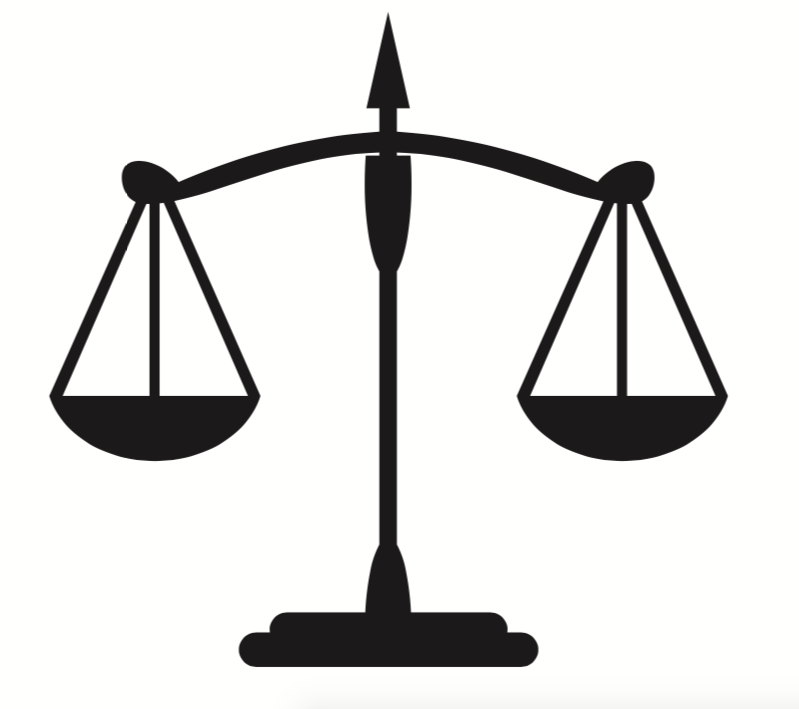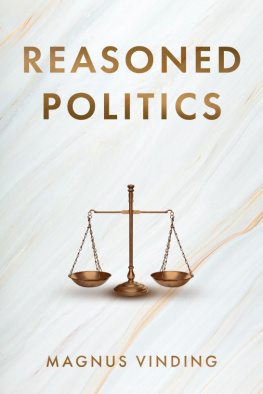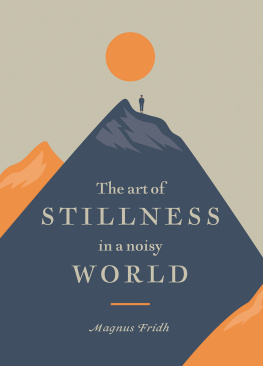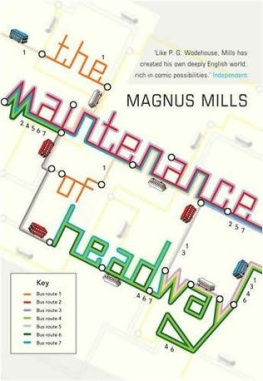Magnus Vinding - Reasoned Politics
Here you can read online Magnus Vinding - Reasoned Politics full text of the book (entire story) in english for free. Download pdf and epub, get meaning, cover and reviews about this ebook. genre: Politics. Description of the work, (preface) as well as reviews are available. Best literature library LitArk.com created for fans of good reading and offers a wide selection of genres:
Romance novel
Science fiction
Adventure
Detective
Science
History
Home and family
Prose
Art
Politics
Computer
Non-fiction
Religion
Business
Children
Humor
Choose a favorite category and find really read worthwhile books. Enjoy immersion in the world of imagination, feel the emotions of the characters or learn something new for yourself, make an fascinating discovery.
- Book:Reasoned Politics
- Author:
- Genre:
- Rating:5 / 5
- Favourites:Add to favourites
- Your mark:
- 100
- 1
- 2
- 3
- 4
- 5
Reasoned Politics: summary, description and annotation
We offer to read an annotation, description, summary or preface (depends on what the author of the book "Reasoned Politics" wrote himself). If you haven't found the necessary information about the book — write in the comments, we will try to find it.
Reasoned Politics — read online for free the complete book (whole text) full work
Below is the text of the book, divided by pages. System saving the place of the last page read, allows you to conveniently read the book "Reasoned Politics" online for free, without having to search again every time where you left off. Put a bookmark, and you can go to the page where you finished reading at any time.
Font size:
Interval:
Bookmark:
Reasoned Politics

Ratio Ethica
Copyright 2022 MagnusVinding
Contents
Part I: A GeneralFramework
1. The Two-Step Ideal of ReasonedPolitics
Part II: DescriptiveGroundwork and Its Implications
2. Political Psychology
3. Political Biases
4. Implications of Our PoliticalPsychology and Biases
5. The Importance ofCulture
6. Implications of the Importance ofCulture
Part III: ReducingSuffering in Politics
7. Suffering Reduction as a Core Valuein Politics
8. Notes on ConsequentialistPolitics
9. Identifying PlausibleProxies
Part IV: PolicyIssues
10. Non-Human Beings andPolitics
11. Liberty
12. Equality
13. Justice
14. Democracy
Part V:Summary
15. An Early Step in a LargerProject
16. Party Example: Alliance of Reasonand Compassion
Appendices
Appendix A: Does Voting MakeSense?
Appendix B: Hidden Challenges to theTwo-Step Ideal
Acknowledgments
Bibliography
Introduction
Politics is broken. To say that thisis a clich has itself become a clich. But it is true nonetheless.Empty rhetoric, deceptive spin, and appeals to the lowest commondenominator. These are standard premises in politics that we seemstuck with, and which many of us shake our heads at indisappointment.
Yet it is not only our politicians whofail to live up to their potential. The truth is that we all do.Our reasoning about politics tends to be biased by an unconsciouscommitment to tribalism and loyalty signaling yay our team, bootheir team (Hannon, 2021, p. 308). That is, our political behavioris often less about promoting good policies than it is about thedesire to see our own team win, and to signal our loyalty to thatteam. As a result, our conversations about politics often gonowhere, and they frequently go worse than that.
The good news is that we havecompelling reasons to think that we can do better. And it iscritical that we do so, as our political decisions arguablyrepresent the most consequential decisions of all, serving like alinchpin of human decision-making that constrains and influencesjust about every choice we make. This renders it uniquely importantthat we get our political decisions right, and that we advance ourpolitical discourse in general.
0.1 Problem: UnreasonedPolitics
A dire problem with ourpolitical views and attitudes is that they not only fail to becarefully reasoned, but they are often positively un reasoned. As we shallsee, our political behavior is commonly dictated by a mix of crudeintuitions, motivated reasoning, and partisan loyalties a mixthat hampers our ability to think clearly about politics, and thusprevents good sense precisely at the level where it is most needed.We have a dysfunctional marriage between unusually biased reasoningand unusually important decisions.
Most of us can probablyrecognize this picture of biased reasoning without reviewing therelevant science, at least if we focus on the political behavior ofthe other side. Their primitive failings are all too transparent; they take unreasonablepositions that are at odds with the evidence. But our own failingsare much less visible to us, which is a large part of the problem.We are self-deceived about just how tendentious and unreasoned weourselves are in the realm of politics (Tuschman, 2013, ch. 22;Simler & Hanson, 2018, ch. 5, ch. 16).
A related problem is that we rarelybase our politics on clear values and well-grounded empiricalviews. As Richard Ryder puts it, contemporary politics often lackstwo crucial ingredients: a moral theory and a respect for thefacts (Ryder, 2006, p. 1). Indeed, we frequently fail to evendistinguish moral and empirical views, let alone developsophisticated views at these respective levels to help guide ourpolicy decisions. Our tendency to settle for opinions announced byour most immediate intuitions precludes us from building ourpolitical views in a systematic way, and prevents us from engagingwith arguments and evidence in a truly open-ended manner. We haveyet to develop the kind of cultural operating system that can helpus move beyond the politics of immediate intuitions and triballoyalties, and toward a more systematic and reasonedapproach.
In sum, while it must be acknowledgedthat modern political systems work well in a number of ways,especially compared to those systems that wholly suppress civilliberties, it is also true that our political culture and ways ofthinking about politics remain starkly underdeveloped andsuboptimal in many ways. At the level of our individual thinking,collective norms, and the overarching cultural frameworks withwhich we tackle politics, there is great potential to dobetter.
0.2 Remedy: RealisticSteps in a Better Direction
So what can we do to improve in theserespects? And what reasons do we have for believing that we can dobetter? Answering these questions is among the key aims of thisbook, but the following hints at some of the mainpoints.
An important step we can take, Iargue, is to bring a more systematic and thoroughly reflected setof values into politics. More generally, we can seek to draw aclearer distinction between ethical views and empirical views inour political discourse, develop more advanced views at theserespective levels, and let our policy decisions be guided by suchviews to a greater extent. An outline and defense of these idealsis found in Chapter 1.
In relation to ourpolitical biases and self-deception, we can seek to promote agreater awareness of these shared psychological pitfalls of ours.To clarify, the remedy here is not primarily a matter of increasingmere individual awareness, which is unlikely to be effective, but rather toincrease our collective awareness of these devious tendencies, and ineffect to foster norms that help limit rather than exacerbate thecrude dynamics of our political psychology (Simler, 2016). Onereason to be cautiously optimistic in this regard is that anadvanced understanding of the mechanics of our biased politicalminds has only been acquired quite recently, and the most basicimplications of this understanding have barely even begun to beexplored. In other words, this newly gained understanding and itsmost basic implications have yet to percolate into our socialnorms. More on this in Chapter 4.
Taken together, the pointsabove suggest a twin project of limiting the influence of biasedintuitions, motivated reasoning, and dogmatic partisan loyalty, andthen replacing this unholy trinity with something better raising thestandards of our discourse, and increasing the degree to which ourpolitics is based on carefully reflected values and sound empiricalevidence.
To be sure, this projectis unlikely to be pursued on a large scale any time soon. It is notrealistic to expect that most people will change their politicalbehavior in significant ways upon simply being presented withcertain findings and ideals. Any such expectation would beprofoundly naive. But what does seem realistic is to improve things on the margin , byengendering a slow, gradual change that occurs disproportionally incertain communities open to such change communities whose socialincentives already to some degree reward open-minded reflection andefforts to reduce biases.
Having such communitiesdevelop and internalize better political norms (such as thoseoutlined in Chapter 4) might already be a significant improvementwith wide-ranging benefits. And if these communities have a certainlevel of repute, it is quite possible that such improved politicalnorms would in turn spread further, and eventually come to haveconsiderable force among a wider range of people. That is how normscan realistically change, and how they mostly seem to have changed so far (cf.Zaller, 1992; Taylor, 2015).
Next pageFont size:
Interval:
Bookmark:
Similar books «Reasoned Politics»
Look at similar books to Reasoned Politics. We have selected literature similar in name and meaning in the hope of providing readers with more options to find new, interesting, not yet read works.
Discussion, reviews of the book Reasoned Politics and just readers' own opinions. Leave your comments, write what you think about the work, its meaning or the main characters. Specify what exactly you liked and what you didn't like, and why you think so.












![Magnus Lie Hetland [Magnus Lie Hetland] - Python Algorithms: Mastering Basic Algorithms in the Python Language, Second Edition](/uploads/posts/book/124062/thumbs/magnus-lie-hetland-magnus-lie-hetland-python.jpg)
